- Climate Change
- Raw Ingredients
The Key for Domestically Producing Sustainable Botanical Raw Materials: Glocal Branding
For Suntory, a multi-faceted food and beverage company, raw materials are an indispensable element for business continuity. On the other hand, the number of people leaving farming is increasing in many production regions due to various problems such as aging and depopulation, making it difficult to procure high-quality raw materials in Japan. What kinds of approaches and actions are necessary for sustainable procurement of raw materials? Tokutomi Watanabe from the Supply Chain Division of Suntory Holdings Limited, reports on these efforts from Aridagawa Town in Wakayama Prefecture, the main production area of "Budo Sansho," which is one of the raw materials for spirits and liqueur.

Conveying the History and Stories of Raw Materials
In my 40 years career at Suntory, I have worked in the three divisions of Beverages and Food, Spirits and RTD, and Raw Material Procurement, and have experienced product and technology development, manufacturing quality assurance, and export quality assurance for 30 of those years. I have also been involved in the procurement and development of raw materials, which are related to my current job role, for a total of 10 years. Drawing upon these experiences, I participated in a cross-functional company project, exploring mid- to long-term raw material procurement strategy issues with a focus on sustainability. This project made me see the importance of promoting the value of raw materials as a “glocal” (both global and local) beverage manufacturer based in Japan. I currently travel to regions all over Japan where botanical raw materials are produced.
To date, I have encountered many great raw materials, visited many superb fields, and have met many wonderful people in the production regions. Budo Sansho grown in Aridagawa, Wakayama Prefecture is one such example. (Budo means grape in Japanese while Sansho means Japanese pepper, and this variety of Japanese pepper got its name because it bears fruit like a bunch of grapes.) I still can't forget the refreshing scent of freshly picked Budo Sansho that I experienced when I visited the field for the first time. Budo Sansho is an heirloom variety initially cultivated in Aridagawa during the Edo Period (1603–1868) that has been sustained and passed down here over the generations. Just growing Budo Sansho from a seedling and harvesting it once does not guarantee that you will get the same quality from the second harvest onward. For this reason, it is said that cultivation techniques such as pruning and grafting, which ensure the continuation of high-quality plants, have been refined. Once again, I realized that there are many things that we can't understand unless we visit the Genba (actual field) itself.
Not only Budo Sansho, but all botanical raw materials, production regions, and the people and local communities have their own history and stories as well. It is of the greatest importance for us to accurately understand botanical value and promote the botanical terroir* value of Japan.
-
*Terroir is a word derived from the French word "terre," which means "land," and is a particularly important concept in the world of wine. Terroir refers to the entire natural environment that influences the growth of grapes and has a significant impact on the flavor and quality of wine.

Wakayama Prefecture accounts for 65% of Sansho (Japanese pepper) harvested in Japan, and Aridagawa boasts the largest crop harvest of Budo Sansho in Japan. A specialty of the area, Budo Sansho—known also as "Green Diamonds"—bears green fruit like a bunch of grapes and is characterized by a refreshing aroma and a strong pungent taste.
Enhancing the Value of Raw Materials Together with Local Producers
While I have encountered wonderful botanical raw materials, I have also witnessed firsthand the various problems burdening the local community and producers. To name a few, the average age of farmers is 80 years old, there are labor shortages due to a lack of successors, fluctuations in yields and harvest times occur due to climate change, and damage is caused by wild animals such as deer. If these problems are left unaddressed, we will no longer be able to use the precious domestic botanical of Budo Sansho within the next 10 years.
I think what Suntory's manufacturing needs today is a "backcasting" approach that determines what should be done now based on the future we wish to have. In other words, it is necessary not only to develop a raw material procurement strategy that solves present issues, but also to create sustainable raw material value that can address future issues as well. As such, though retirement age is upon me, I applied for the internal venture capital program "FRONTIER DOJO" and commence work on creating new value for domestic botanical raw materials since 2023.

Watanabe has also met young producers like Kiyonobu Shinda, head of Kitora Noen farm, who returned to his hometown in 2011 to start growing Budo Sansho. He grows high-quality Budo Sansho with attentive care at his farm of approximately 30,000 m2, one of the largest in Aridagawa.
I began to seriously think about how to achieve development and stable procurement of Budo Sansho whose value could be promoted and went out to growing regions many times to share my thoughts to producers and others in the communities. Under such circumstances, I was fortunate to connect with Shironishi, a general incorporated association that offers new ways to build community as a hub connecting people moving into the area with local businesses and residents, and to meet and build relationships with many locals, experts, producers and others, which led to more people sharing my same aspirations. Shironishi runs a program called Budo Sansho Harvest Rescue, and Suntory employees have participated in it as volunteers. I feel that this is a valuable opportunity to experience firsthand how Budo Sansho are produced and what kind of processes they go through to reach us.
I value the ideas of "collaboration" and "co-creation" in these efforts. The goal of the activities is not to support the production area and producers from a volunteer position. It is first and foremost to stand on an equal footing as a business operator and together enhance the value of the regions, the growers and the raw materials through collaboration and co-creation.
Shironishi (general incorporated association)
Established in September 2022 as the “community HR division” and “community facilitator” providing matching and coordination services for people who want to move to Aridagawa Town and/or find work or start farming here as well as people who want to become involved in these activities. In June 2023, the Shironishi relocation and employment support center, with facilities for holding interactive events and providing lodging and meals, opened in the former Shiroyama Nishi Elementary School building. Shironishi is also engaged in planning and running various experiential programs, including the Budo Sansho Harvest Rescue and workshops.

(From left) Watanabe, who proudly calls himself the center’s “number one repeat visitor,” and Representative Director Mutsumi Kusube, Director Masaya Shirakawa, and coordinator Yuki Shimomura.
Creation of a Sustainable and Glocal Brand is the Culmination of a Lifetime’s Career at Suntory
Nowadays we can easily communicate with each other via e-mail, social media, and web conferencing tools, but those kinds of tools would not have allowed me to create the level of connections and relationships that I have. I sometimes feel that it is grueling both physically and mentally to travel around production areas all over the country at an age close to retirement, but I enjoy my job because it is rewarding and the positives outweigh the hardships.
I am convinced that our "collaboration" and "co-creation" with local people will create and improve value not only for Budo Sansho in Aridagawa Town, but also for other domestic botanical raw materials. The rapid growth in the production of craft gin and craft beer using local specialties as raw materials is proof of this. I believe that the creation of new value will lead to an increase in the number of "related populations" who have a deep connection with the local area, even if they are not residents, through the purchase of products and volunteer harvesting, and ultimately to the revitalization of the region.
I will continue to apply my expertise and work hard together with the farmers and local residents in pursuit of our dream of establishing the sustainable and glocal brand, "Budo Sansho from Aridagawa Town" in place of "Made in Japan" or "Made in Wakayama Prefecture."

Watanabe shares a laugh with Mr. Shinda in the Sansho field of “Kitora Noen” farm. Mr. Shinda said that “Meeting Watanabe has increased my motivation and pride in being a grower. This heirloom Sansho is the best in Japan and I am going to protect it.” Mr. Shinda’s story is reassuring to me.
Latest Stories
-

- Enriching Life
- Water
- Raw Ingredients
- Packaging
April 17, 2025
Suntory’s Commitment to “Designing Future Society for Our Lives”: Encouraging New Realizations through Exciting New Experiences at Expo 2025
View More -

March 31, 2025
The Suntory Sign Brings Smiles and a Sense of Unity
View More -
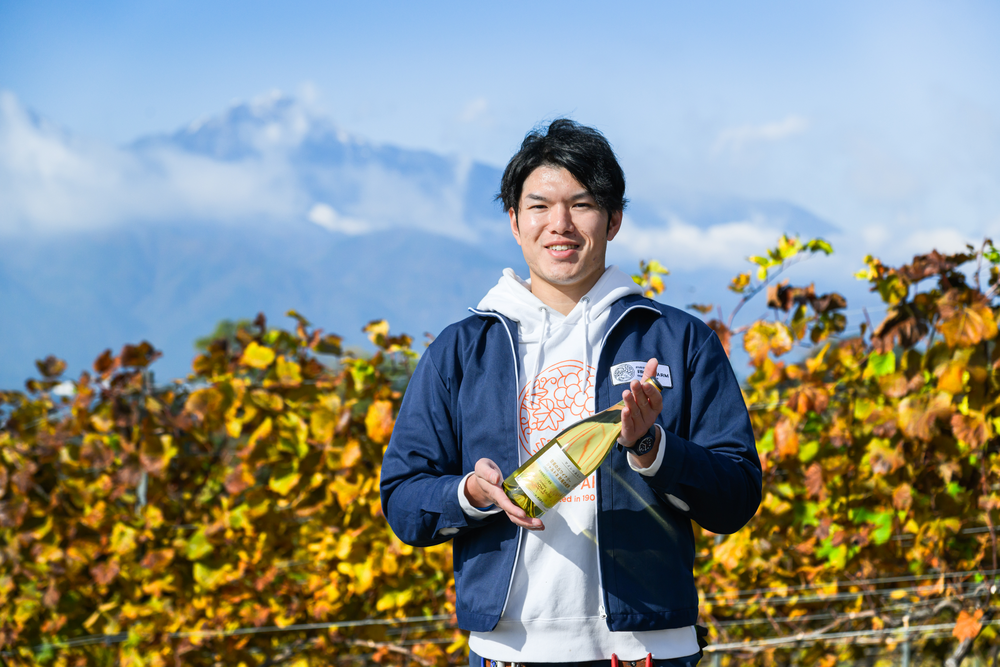
- Climate Change
- Raw Ingredients
Februaly 28, 2025
Shaping the Future of Japanese Wine: Secondary Induced Shoot Cultivation Delivers Delicious Grapes in an Era of Climate Change
View More -
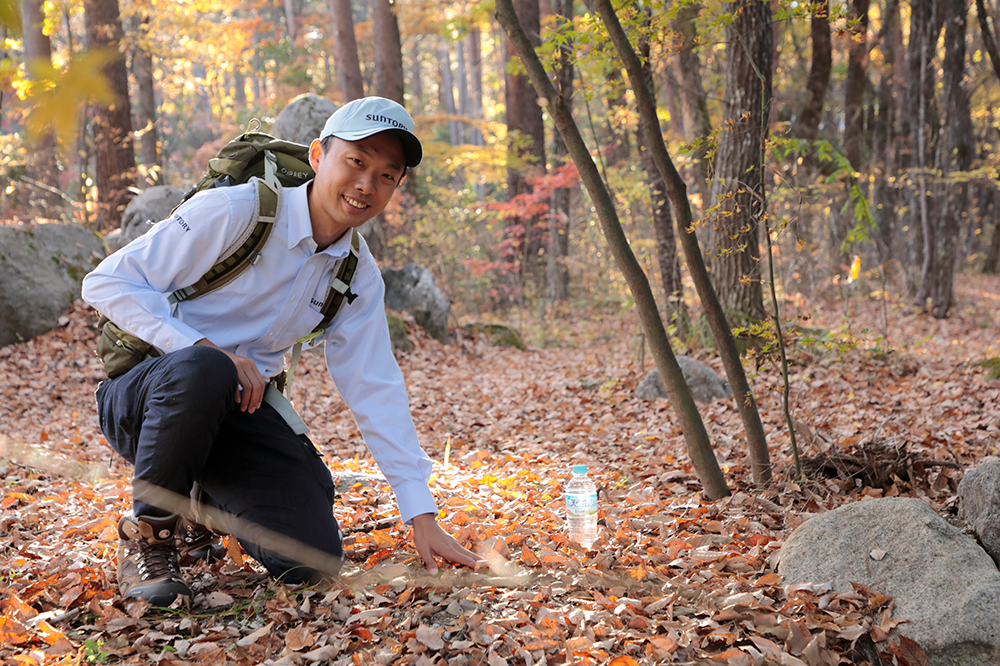
- Water
- Climate Change
Janualy 31, 2025
Bequeathing Water to Future Generations and Conveying Its Importance through Mizuiku, Suntory’s Education Program for Nature and Water
View More -
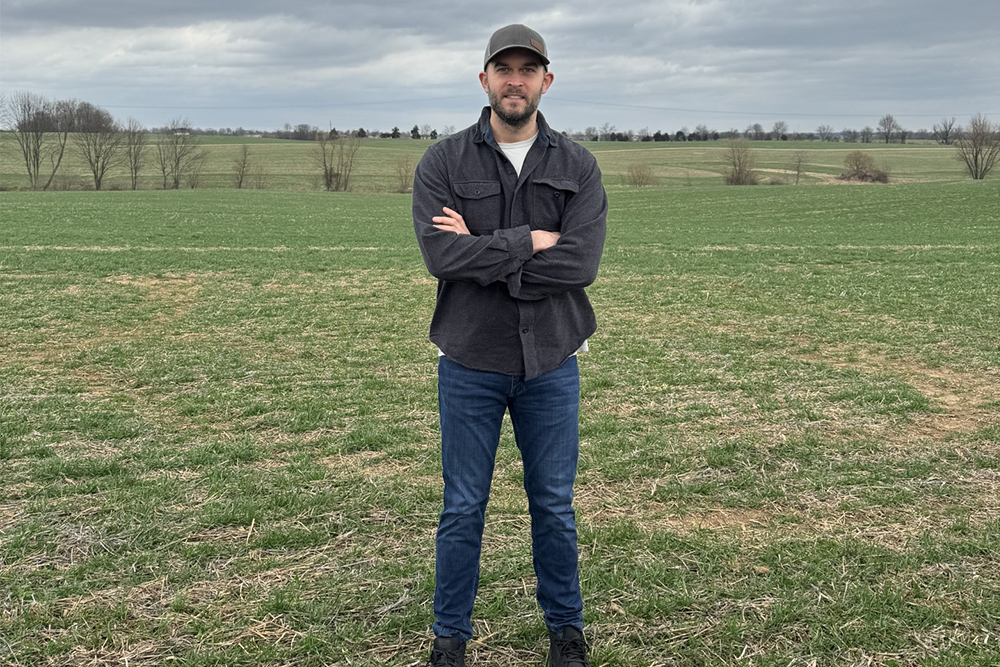
- Climate Change
- Raw Ingredients
December 25, 2024
Saving the Planet with Agriculture:Collaborating with Farmers to Pioneer Regenerative Agriculture
View More -
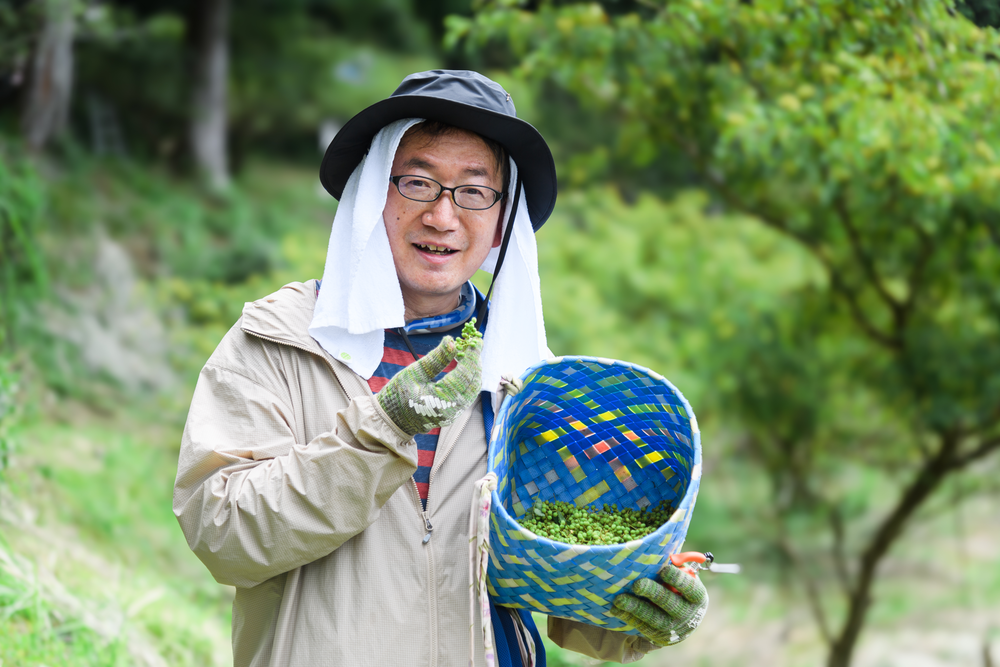
- Climate Change
- Raw Ingredients
October 11, 2024
The Key for Domestically Producing Sustainable Botanical Raw Materials: Glocal Branding
View More -
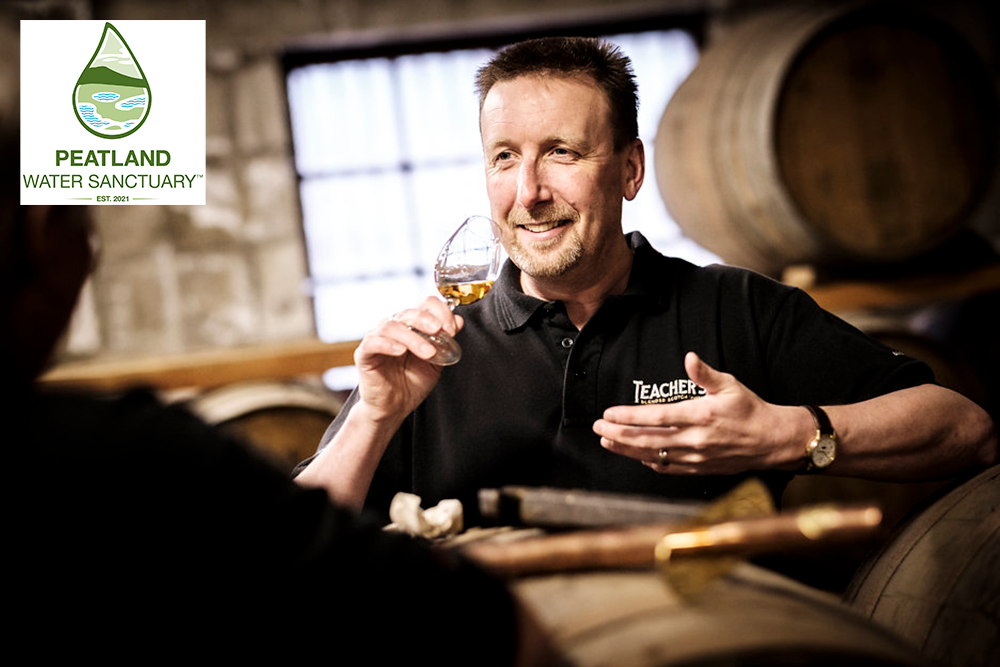
- Water
- Climate Change
- Raw Ingredients
June 7, 2024
The Peatland Water Sanctuary™ Initiative: For Peat, an Important Ingredient in Whisky, and for the Future of the Planet
View More -

- Enriching Life
April 30, 2024
Enhancing the Foundation of Parasports with the Suntory Challenged Sports Project
View More -

- Human Rights
- Packaging
- Climate Change
April 30, 2024
In 2024 We Are Launching an Overseas Training Program for All Second-Year New-Graduate Hires!
View More -

- Raw Ingredients
- CO2
- Biodiversity
November 30, 2023
Protecting UK Blackcurrants and Their Growers: Sustainable Agriculture Support Program
View More -

- Human Rights
September 29, 2023
Being the Best Company for Employees with Disabilities to Shine
View More -

- Water
July 31, 2023
Suntory Mizuiku – Education Program for Nature and Water Expands Globally: Stories from Asia
View More -

- Health
June 29, 2023
New DRINK SMART Ambassador Program: Internal Certification to Deliver the DRINK SMART Message to More Customers
View More -

- Raw Ingredients
- CO2
June 29, 2023
Circular Agriculture Initiatives at Tominooka Winery in Japan (Part 2)
View More -

- Biodiversity
May 10, 2023
Suntory Bird Conservation Activities Are Turning 50: A Look at the Past and the Future (Part 2)
View More -

- Raw Ingredients
- CO2
April 27, 2023
Circular Agriculture Initiatives at Tominooka Winery in Japan (Part 1)
View More -

- Health
April 27, 2023
Creating “Friends for Moderate Consumption,” a Campaign Character to Promote Responsible Drinking
View More -

- Packaging
April 27, 2023
B to B Recycling: Creating New PET Bottles from Used Bottles
View More -

- Human Rights
April 27, 2023
SUN-co-NEsT, An Online Community Aiming to Balance Work and Parenting
View More -

- Biodiversity
April 27, 2023
Suntory Bird Conservation Activities Are Turning 50: A Look at the Past and the Future (Part 1)
View More -

- Water
- Biodiversity
April 27, 2023
Protecting the Forests That Nurture Abundant Water: Suntory Natural Water Sanctuary Initiative
View More
